
Developing and implementing inclusive community-led solutions to social problems can only come with a proper understanding on how they arise. In order to convince decision-makers to take a bottom-up localised approach, researchers need to provide the evidence and data to back it up. This Award honours research that contributed to the development of evidence-based inclusive community and neighbourhood services and programmes.
Evaluation of Community-Led Support
Organisation: University of Birmingham
Country: UK
Website: Community Led Support – NDTi
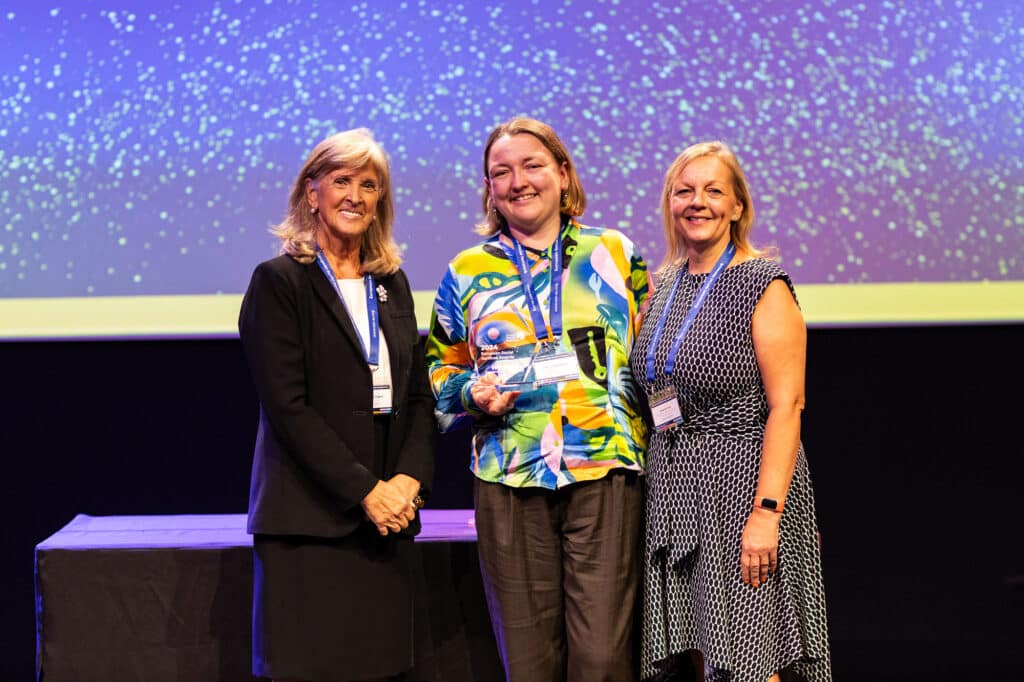
Community Led Support (CLS), developed by the National Development Team for Inclusion (NDTI), is a strengths-based approach to social care designed to empower adults with disabilities, mental health issues, and long-term conditions to achieve what is important to them by building on their existing strengths and community networks. A two-year independent evaluation involving an interdisciplinary team was undertaken to provide objective measure of the impact of CLS and understand how they achieved change. The research project was co-designed with the change programme, participating local authorities, and with people with lived experience of social care. It focussed in particular on culture change, distributive leadership, co-production and the overall impacts of CLS. The evaluation identified aspects of the programme that were working well and areas that needed improvement. Overall, it showed that the 30 local authority areas which engaged in the CLS programme showed positive changes in their social care assessment and care management activities compared with non-CLS areas.
Triangle P+: Tool for Inclusive Participation in Family Support
Name of Organisation: Childhood, Adolescence and Families Research Group (GRIAF), University of Lleida
Country: Spain
Website: https://modeloframe.com/triangulo-p/
The Triangle P+ project addresses social exclusion, and limited access to parenting resources by providing high-quality socio-educational support to families. Led by the University of Lleida, Lleida City Council, and local partners, it fills gaps in existing family support programmes by incorporating real-life family experiences. The project focuses on families facing socio-economic, cultural, and linguistic barriers with limited access to quality parenting resources and support systems, ensuring the voices of vulnerable groups are heard. Using innovative coproduction methods where families contribute to shaping the interventions and support mechanisms, Triangle P+ ensures these are tailored to their needs and circumstances. The project was developed in the City of Lleida and the results target all Spanish families, reaching approximately 18.8 million households.
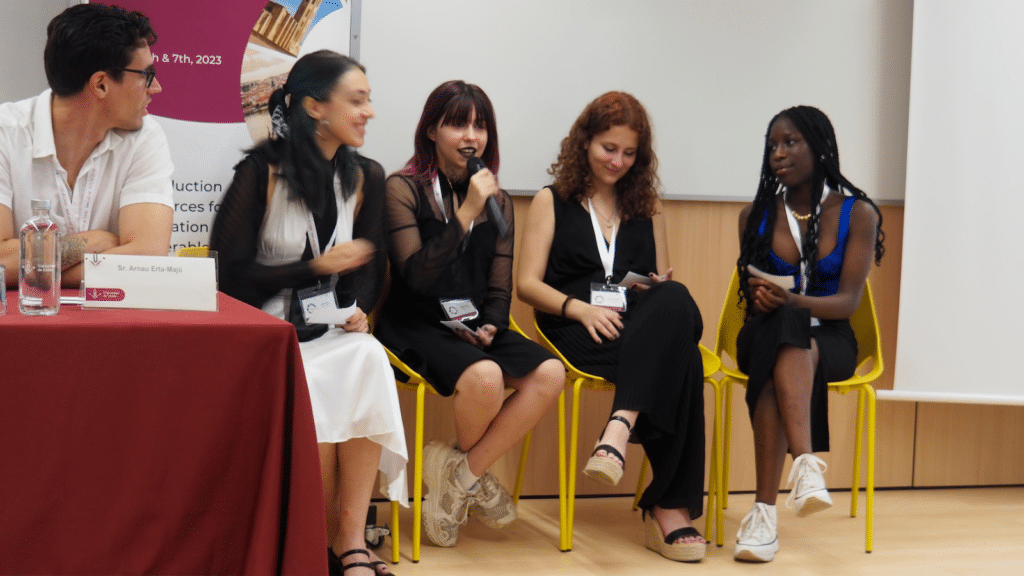
National Assessment of Social Services Deinstitutionalisation
Organisation: Korczak University – Academy of Applied Sciences
Country: Poland
Website:https://uczelniakorczaka.pl/raport-deinstytucjonalizacja/
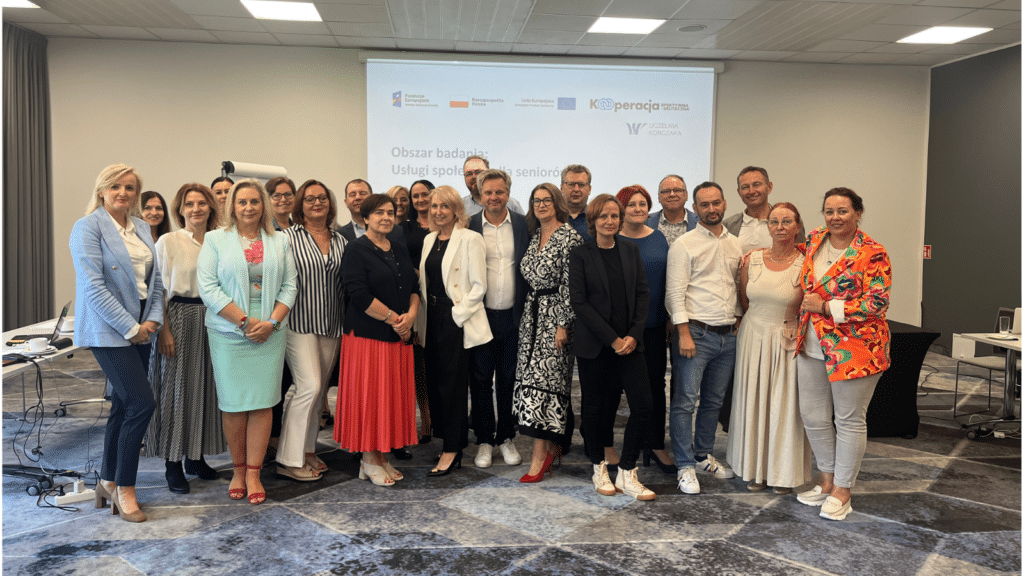
The ‘National Diagnosis’ study, from by Korczak University, is the largest interdisciplinary research on social services in Poland, involving over 8,400 participants, including people using services, providers, and decision-makers. The study revealed key challenges and produced specific recommendations, emphasising the integration of vulnerable groups like older people, people with disabilities, and those in crisis into society. It has significantly influenced the development of deinstitutionalisation plans and social services reforms, becoming a key resource for over 2,400 local authorities. The report, published in January 2024, has been widely disseminated, sparking nationwide discussions and guiding the creation of inclusive communities that better support vulnerable populations.
Prevention of Radicalisation and Violent Extremism in the Community
Organisation: IPS Innovative Prison Systems
Country: Portugal
Website: https://www.r2com-project.eu/
The R2COM project addresses the issue of radicalisation and violent extremism by focusing on the critical post-release period for individuals leaving prison, where traditional, security-focused approaches often fail. Recognising that imprisonment can exacerbate vulnerabilities, R2COM empowers local communities and civil society organisations to support reintegration, aiming to create safer and more stable communities. The project promotes a whole-of-society strategy involving NGOs and professionals across Europe to address local challenges and develop tailored solutions. Its impact includes a significant increase in awareness and knowledge among professionals, particularly in multi-agency cooperation and risk assessment. The project’s assessment tool has been well-received by community professionals, aiding in effective post-release case management and fostering inclusive, resilient communities.
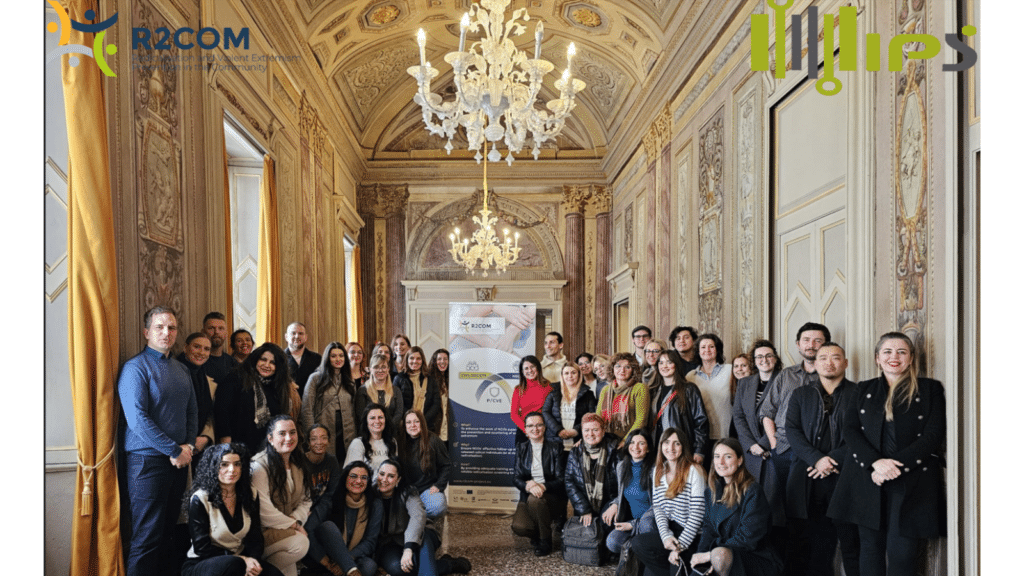
Goal Setting in Long-Term Rehabilitation after an Acquired Brain Injury
Organisation: Center Naprej Maribor, Centre for persons with acquired brain injury
Country: Slovenia
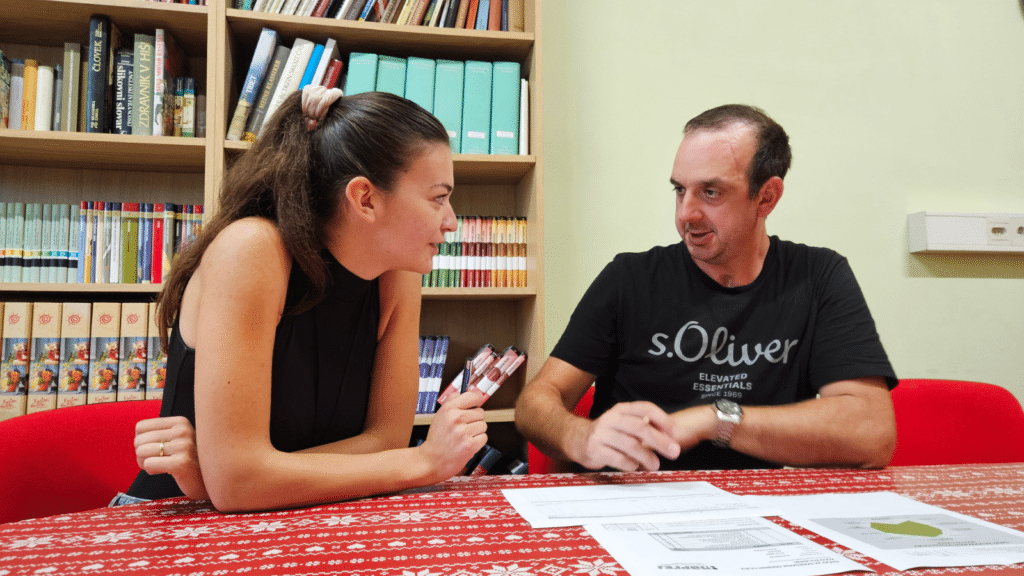
This project addresses the reintegration of individuals with severe acquired brain injury (ABI) by focusing on long-term rehabilitation and personalised goal setting. It helps ABI survivors find new meaning in life and autonomy by setting and achieving life goals, enhancing their quality of life and reintegration in social life. The project promotes social inclusion, empowerment, and emotional regulation while preparing the community to be more supportive of people with disabilities. Between 2019 and 2023, 62 people were supported and a total of 253 general and 1,122 specific goals were set up, primarily in knowledge, work and health. Consistent progress in these goals underscores the importance of continuous rehabilitation, showing that people make significant strides toward improved satisfaction and quality of life even years after their injury.
Minimum Package of Services
Organisation: National Authority for the Protection of Children’s Rights and UNICEF Romania
Country: Romania
Website: https://copii.gov.ro/1/pachetul-minim-de-servicii/ (Romanian) and https://www.unicef.org/romania/minimum-package-services (English).
Romania faces a severe poverty crisis, with 32% of its population at risk and even higher rates among children (39%) and rural residents (50%). The Minimum Package of Services (MPS), created by the National Authority for the Protection of Children’s Rights and UNICEF Romania, tackles this issue through an integrated approach to health, education, and social protection. The MPS entails the deployment of trained teams of social workers, nurses, and school counsellors to conduct a community census to understand the specific vulnerabilities, provide personalised support and address children’s needs at a community level. This approach promotes inclusivity, effectively reduces deprivation, and enhances service access. The multiple evaluations conducted have shown significant improvements: 50% of those identified as vulnerable no longer face issues within a year, and the model is highly cost-effective, with scaling costs of only 1-3% of relevant national budgets.
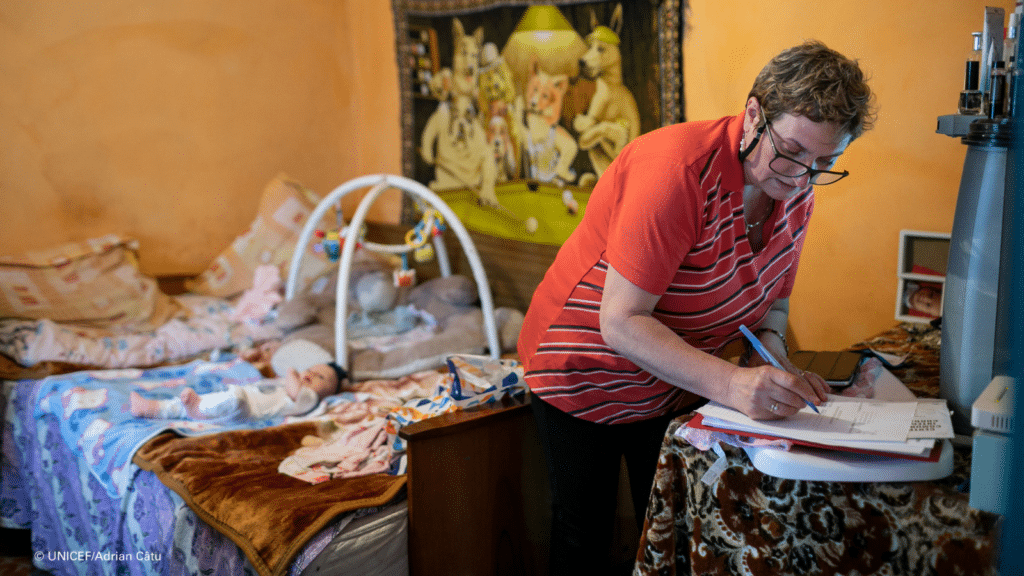
AI-HOME: Using Artificial Intelligence to Address Homelessness
Organisation: Saint John of God Valencia
Country: Spain
Website: Personas sin Hogar – Sant Joan de Déu València (sanjuandediosvalencia.org)
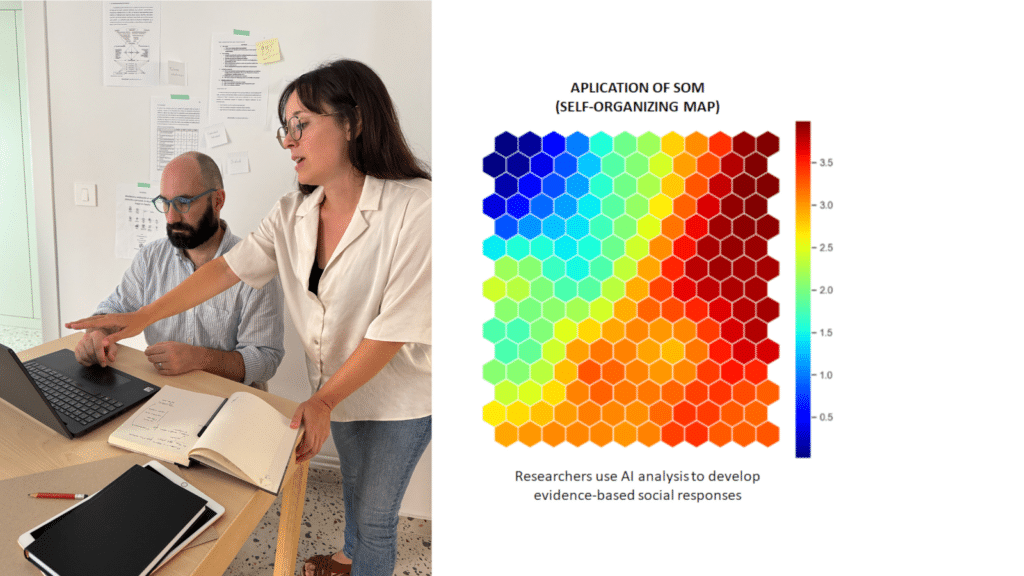
The project addresses residential exclusion and homelessness, focusing on improving policy responses and interventions for individuals affected by these issues. The problem is being addressed by applying cutting-edge technology, including AI and big data, to analyse the factors related to homelessness and develop more precise, tailored interventions. The project has led to a 15% reduction in recidivism rates, meaning fewer individuals return to homelessness after intervention. Intervention success rates have improved by 20%, as AI tools help identify the most effective variables for each case. Additionally, the efficiency of service delivery has increased, with a 25% reduction in the time taken from initial contact to successful intervention. Stakeholders report high satisfaction rates (85%), and the project maintains full compliance with GDPR and ethical standards.
